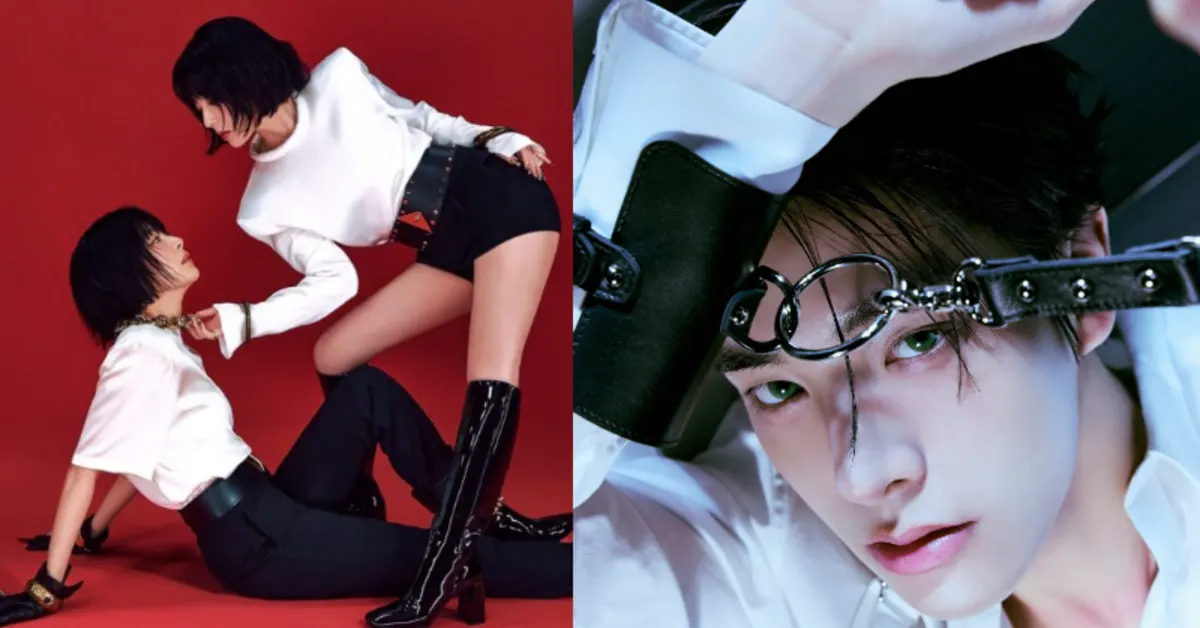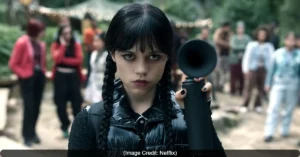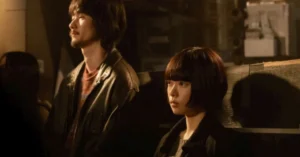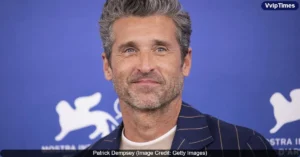Red Velvet’s sub-unit IRENE & SEULGI and boy group ENHYPEN are both making comebacks with bold concepts, but the reactions from fans and netizens couldn’t be more different. While ENHYPEN’s overtly sensual “BDSM” theme is being praised, IRENE & SEULGI faced heavy criticism for a single teaser image featuring an oyster. The stark contrast has reignited discussions about gender double standards in K-Pop.
On May 16, SM Entertainment released teasers for IRENE & SEULGI’s upcoming track TILT, showcasing a mature, sapphic-themed concept. One image, however, drew immediate backlash—an oyster filled with pearls. Many Korean netizens interpreted it as a sexual symbol, leading to outrage on forums like TheQoo, where the post gained over 80,000 views.
“Disgusting.”
“Why is this necessary?”
Fans criticized the imagery as overly suggestive, prompting SM Entertainment to quietly remove the oyster photo without explanation. Meanwhile, HYBE’s ENHYPEN began promoting their June 5 comeback DESIRE: UNLEASH with teasers featuring ropes, handcuffs, masks, and knives—clear BDSM-inspired visuals. Unlike IRENE & SEULGI, ENHYPEN’s concept was met with excitement, particularly from international fans.

“ENHYPEN carrying the BDSM vampire concept? I’m watching you.”
“They really bought props from a BDSM shop?!”
The difference in reactions has fueled anger among fans who see a clear double standard. Many argue that female idols, especially older ones like Irene (33) and Seulgi (30), are held to stricter moral scrutiny, while male idols are celebrated for pushing boundaries.
“An oyster is ‘inappropriate’ but literal BDSM props are fine? Make it make sense.”
“RV had to remove an oyster because it’s ‘too sexual,’ but when a boy group does it, it’s ‘hot’? The misogyny is loud.”
This isn’t the first time K-Pop has faced accusations of gender bias. Female idols often endure harsher criticism for weight, age, and even feminist activism. When Red Velvet’s Irene read a feminist book, fans burned her merchandise, while BTS leader RM was praised for the same. Similarly, Super Junior’s Shindong was called “handsome” for weight gain, while Twice’s Jeongyeon was fat-shamed.
The debate extends beyond just imagery. Older female idols frequently face pressure to conform to youthful, “pure” concepts, while male groups like Super Junior and TVXQ continue performing well into their 30s and 40s without similar restrictions.
“Why are women in their 30s still being policed like teenagers?”
As both groups prepare for their comebacks, the conversation highlights deeper issues in K-Pop’s treatment of gender. Fans are calling for equal standards, urging the industry to stop punishing women for the same creativity that earns men praise.
Also Read:
Ariana Grande Joins Kim Seon Ho and IU’s Viral Trend; ENHYPEN’s Sunoo Featured in Instagram Post
Credits: TheQoo forum updates, Fan reactions from Twitter/X





























